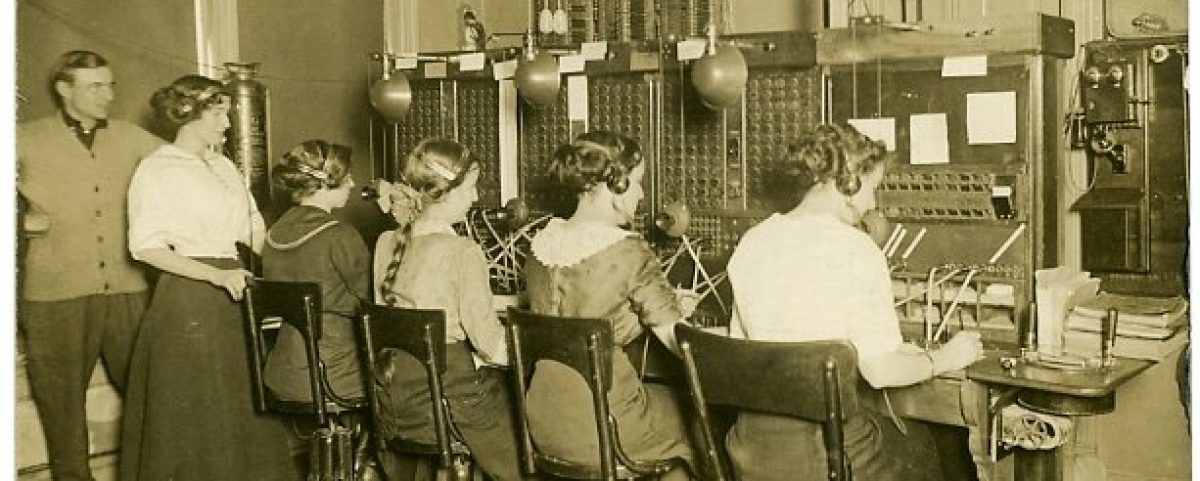The Maryland Humanities Council examined some memorable social reformers during the July Chautauqua. Offered each summer throughout the state, the series utilizes scholars to interpret important characters from our past. This year there were performances about Woody Guthrie, Jackie Robinson, and Eleanor Roosevelt.
For each living history interpretation an additional scholar opens with an associated program. I opened for Woody Guthrie with a talk about the Chesapeake region in the folk musician and social critics era. I had a great time putting that photo-illustrated program together, as we examined the Great Depression, World War II and the arrival of the Cold War in Maryland.


 itled “Land Grab: How DC snagged some prime Prince George’s real estate,” it examined the period when the nation was concerned with establishing a permanent home for the federal government on the Potomac River. It was a fun piece to put together and I had the pleasure of using the excellent research facilities of the
itled “Land Grab: How DC snagged some prime Prince George’s real estate,” it examined the period when the nation was concerned with establishing a permanent home for the federal government on the Potomac River. It was a fun piece to put together and I had the pleasure of using the excellent research facilities of the 